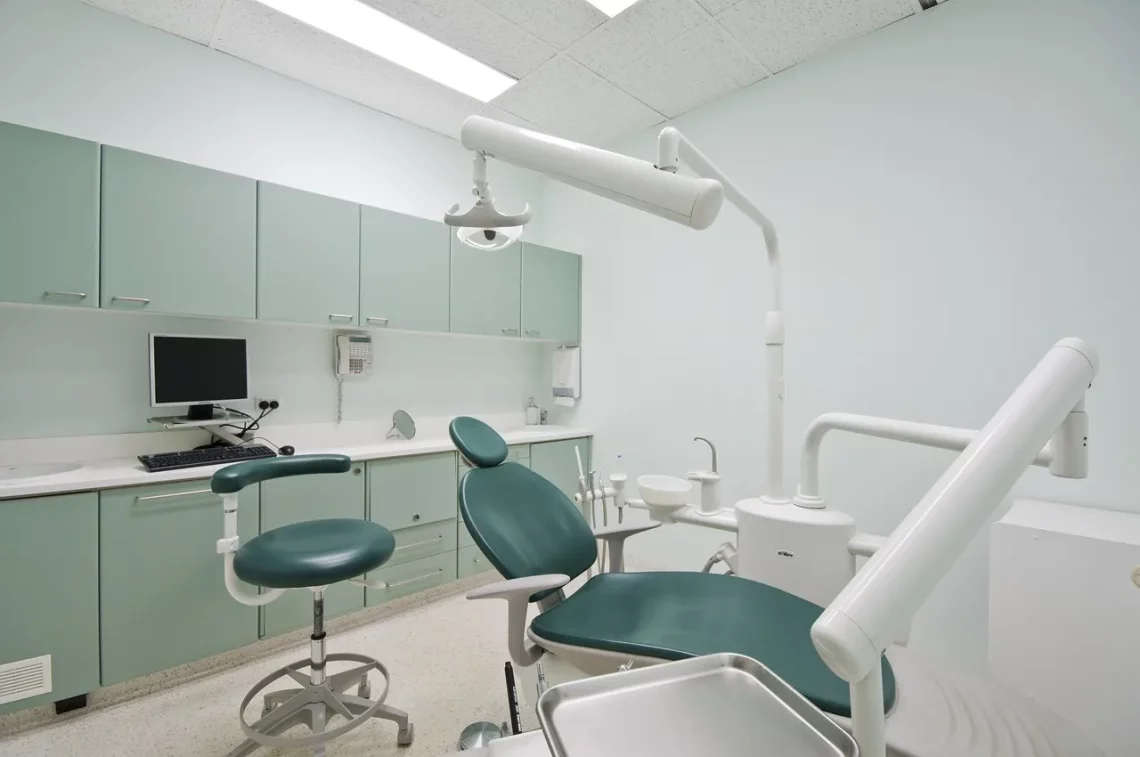
Can Dentists Detect Marijuana Use Through Oral Health Assessments?
The conversation surrounding marijuana use has evolved significantly over the years, particularly as more regions around the world have embraced its legalization for both medicinal and recreational purposes. As societal attitudes shift, so do the implications for various professional fields, including dentistry. Dental professionals are uniquely positioned to observe signs that may indicate marijuana use, given the effects of the substance on oral health. The mouth can serve as a window into the overall health of an individual, with dentists often being the first line of defense in identifying potential health issues.
Cannabis consumption can lead to a range of oral health concerns, including dry mouth, gum disease, and changes in the oral microbiome. These issues may not only affect the teeth and gums but can also provide dentists with insights into a patient’s lifestyle choices. Understanding how marijuana interacts with oral health is essential for dentists, as it allows them to offer targeted advice and treatment plans that take into account the patient’s unique circumstances. As we delve deeper into this topic, it’s important to consider how oral health assessments can serve as a valuable tool in the detection of marijuana use and the broader implications for patient care.
Understanding the Impact of Marijuana on Oral Health
The relationship between marijuana and oral health is complex and multifaceted. Cannabis can affect the mouth in several ways, primarily due to its active compounds, such as THC (tetrahydrocannabinol) and CBD (cannabidiol). One of the most significant effects of marijuana on oral health is the phenomenon known as “cottonmouth,” or xerostomia. This condition occurs because marijuana can inhibit saliva production, leading to dry mouth. Saliva plays a crucial role in maintaining oral health; it helps wash away food particles, neutralizes acids produced by bacteria, and provides essential minerals to the teeth.
When saliva production decreases, the risk of cavities and gum disease increases. Patients who use marijuana may experience a higher incidence of dental caries, as the lack of saliva can lead to an increase in harmful bacteria in the mouth. Moreover, the inhalation of marijuana smoke can introduce harmful substances into the oral cavity, potentially exacerbating existing oral health problems.
Additionally, regular marijuana use can lead to changes in the oral microbiome, the community of microorganisms that reside in the mouth. A disrupted microbiome can contribute to various oral health issues, including periodontal disease. Dentists must be aware of these potential changes when assessing a patient’s oral health, as they can provide critical clues about the patient’s lifestyle and habits.
Signs Dentists Look For During Oral Health Assessments
During oral health assessments, dentists are trained to look for a variety of signs that may indicate marijuana use. One of the most common indicators is the presence of dry mouth, which can be easily observed during an examination. Patients may also report experiencing increased thirst, difficulty swallowing, or a persistent sore throat—all of which can be associated with marijuana consumption.
Another sign that dentists may notice is gingival hyperplasia, a condition characterized by the overgrowth of gum tissue. This condition can be exacerbated by certain substances, including marijuana, and may indicate a need for further investigation into the patient’s habits and overall health. Dentists may also observe changes in the color and texture of the oral mucosa, which can provide additional clues regarding a patient’s use of marijuana or other substances.
Moreover, the presence of oral lesions or unusual growths can also raise red flags. While these symptoms may not be directly linked to marijuana use, they can indicate a broader pattern of substance use that requires attention. Dentists play a critical role in identifying these signs and addressing them promptly, often referring patients to appropriate healthcare providers for further evaluation and support.
The Role of Patient Communication in Dental Assessments
Effective communication between dentists and patients is essential for accurate assessments and treatment planning. Patients may be hesitant to disclose their marijuana use due to stigma or concerns about judgment. Therefore, it is crucial for dental professionals to create a welcoming and non-judgmental environment that encourages open dialogue.
Dentists can foster this environment by asking open-ended questions about a patient’s lifestyle habits, including their use of tobacco, alcohol, and marijuana. Additionally, educating patients about the potential oral health risks associated with marijuana use can empower them to make informed decisions about their health.
In some cases, dentists may choose to incorporate screening tools or questionnaires into their practice to help identify patients who may be using marijuana or other substances. These tools can provide valuable insights into a patient’s habits and allow dentists to tailor their recommendations accordingly.
Furthermore, maintaining confidentiality is paramount. Patients should feel confident that their information will be kept private and that they will not face repercussions for disclosing their substance use. By establishing trust and rapport, dentists can better support their patients in achieving optimal oral health.
Implications for Dental Treatment and Patient Care
Understanding the relationship between marijuana use and oral health has significant implications for dental treatment and patient care. Dentists must be prepared to address the unique needs of patients who use marijuana, including the increased risk of dental issues and the potential challenges in maintaining good oral hygiene.
For patients with dry mouth, dentists may recommend specific saliva substitutes or fluoride treatments to help protect against cavities and improve oral comfort. Additionally, lifestyle modifications, such as increased hydration and regular dental visits, can be beneficial in managing the oral health effects of marijuana use.
Moreover, dentists can play a critical role in educating patients about the importance of oral hygiene and routine dental care. By emphasizing the connection between marijuana use and oral health, dentists can encourage patients to prioritize their dental care and seek help if they experience any concerning symptoms.
In conclusion, the ability of dentists to detect marijuana use through oral health assessments is an essential aspect of patient care. By understanding the effects of marijuana on oral health, recognizing the signs during examinations, and fostering open communication with patients, dentists can provide comprehensive care that addresses the unique needs of their patients.
**Disclaimer:** This article is not intended as medical advice. Always consult with a healthcare professional for concerns related to your health or dental care.



